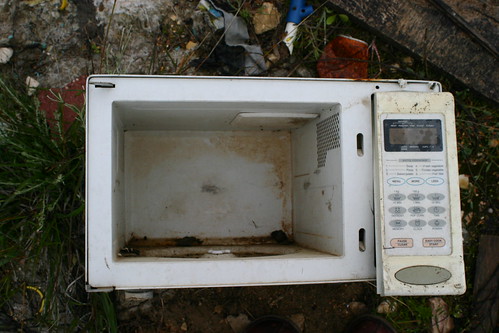Can Hot Dogs Cause Cancer?
75% of all Americans do not even eat five servings a day of fruits or vegetables. That is bad enough. It is even worse with cancer patients. A study of over 9,000 survivors of six different types of cancer showed that only 15% to 19% were meeting the "5-A-Day" recommendation. That means that 81% to 85% were not. The researchers commented that these findings indicate that even a cancer diagnosis may fail to improve fruit and vegetable consumption.
Better nutrition helps cancer patients live longer. This may seem too obvious to state, but its significance is still hidden from the people who most need to know it: the cancer patients themselves. Another study found that "The majority of new patients with cancer presenting to a medical oncologist are at risk of malnutrition or malnourished." Specifically, 66% of patients were either at risk for malnutrition or malnourished. In other words, two out of three new cancer patients are eating wrong. Perhaps very wrong.
The best solution is prevention, and prevention has to start long before cancer. In fact, it starts before birth. A recent review looked at 45 years of research on the protective effect of prenatal vitamin supplementation on the frequency of childhood cancer. It concluded that "maternal ingestion of prenatal multivitamins is associated with a decreased risk for pediatric brain tumors, neuroblastoma, and leukemia." Vitamin supplements reduced the chance of a brain tumor by 27 percent. Vitamins lowered children's leukemia risk by 39 percent. Risk of neuroblastoma was cut in half. Clearly, prenatal vitamin supplements are very important cancer fighters.
Prevention must then be continued throughout childhood. To illustrate how extraordinarily important vitamin supplements are, consider this: Children who eat hot dogs once a week actually double their risk of a brain tumor. Kids eating more than twelve hot dogs a month have nearly ten times the risk of leukemia as children who eat none. However, hot-dog-eating children taking supplemental vitamins were shown to have a reduced risk of cancer.
Although this research was done over 14 years ago, remarkably little has been said of it in the news media. Howard Straus of the Gerson Institute comments: "When children die from small toy parts, the toys are instantly recalled. When the connection between hot dogs, ham and lunch meat is manifest, and it has been documented numerous times, silence."
But hot dogs? Just how important a factor are hot dogs?
Americans eat an estimated 20 billion hot dogs per year. According to the American Meat Institute's "National Hot Dog and Sausage Council," on a single July 4 day alone, Americans eat "150 million hot dogs, enough to stretch from D.C. to L.A. over five times. During Hot Dog Season, Memorial Day to Labor Day, Americans typically consume 7 billion hot dogs or 818 hot dogs consumed every second during that period." That is a lot of exposure.
What are hot dog eaters exposed to? Hot dogs and other "cured" meat products typically contain chemical additives such as sodium nitrite, a color and anti-bacterial preservative that has long been suspected as promoting cancer. Now there is a controversial television commercial that spotlights the risks to children, see the youtube video above.
The good news is that vitamins such as vitamin C help counteract harmful byproducts (nitrosamines) of heating and eating nitrites. Perhaps this is why nutritionally-oriented physicians have for so long been advocating vitamin supplements along with a no-junk-food diet for children. In addition to cancer prevention, vitamins are part of the cancer cure. Abram Hoffer, M.D., has had considerable success using high doses of vitamins as supportive therapy for over 1,500 cancer patients. He writes that such treatment "has increased the longevity from 5.7 months to approximately 100 months, which is very substantial, and half of the patients are still alive." Vitamin supplements dramatically reduce side effects of cancer therapy, and yet vitamins do not otherwise interfere with conventional cancer treatments such as radiation or chemotherapy. This makes nutritional therapy perfect for adjunctive cancer treatment, and a very good idea for cancer prevention.
People fighting cancer, or wanting to prevent it, need to eat better. That means far more vitamins, and far fewer hot dogs.
Source: http://www.orthomolecular.org
from Linda


